Election Selection
Why our generation should vote
Since 1964, young voters have consistently voted at lower rates than the rest of the voting population. According to the United States Census Bureau, of all the U.S. Citizens aged 18-24, 53.6% of those citizens reported they were registered to vote in the 2012 election, and 41.2% reported that they voted in the election. Young engagement in elections has dropped 12.9% from 1964 to 2012.
“All American citizens of voting age should exercise their right to vote. Selfish decisions based on what government can do for them at whatever stage of life should not play into which candidate they deem would be in the best interest of society as a whole. Nor should one vote on issues based on their race, sex or sexual behavior preferences; we would be a better people if we just called ourselves Americans.” said state senator Mike Groene, “President Kennedy said ‘Ask not what your country can do for you but what you can do for your country.’ If that philosophy was followed, America would not be $19 trillion dollars in debt, and Hillary Clinton nor Donald Trump would not be our candidates for president.”
Young voters have been decisive in past elections. For example, according to the Center for Information and Research on Civic Learning and Engagement, in the 2012 presidential election, the young voters in the swing states of Ohio, Florida, Virginia, and Pennsylvania were crucial in re-electing President Barack Obama. Young voters overwhelmingly voted for Obama over candidate Mitt Romney. If the young voters had split their votes equally between the two candidates, those states’ electoral votes would have been given to Romney. Every vote matters. The County Clerk/Election Commissioner Rebecca Rossell, said, “We have had national, state and local elections that have come down to a few votes. Two local races in Lincoln County in the last couple of elections have come down to less than 10 votes to decide the winner.” When people go to the polling locations, they aren’t just voting for their next president. They are also voting for local and state representatives. When you vote, you are voting on issues, not just the people leading your government. Even if you don’t align with the views of either presidential candidate, you should still vote.
Rossell said voting is an important right. There are hundreds of countries in the world who don’t have the option to vote. She also said we are the future leaders and need to be the ones to shape our future. People complain about the way things are, yet, they don’t do anything to change them. People need to take action to change the things they don’t like about the country. The simplest and easiest way to do this is to vote on November 8, and every election after.

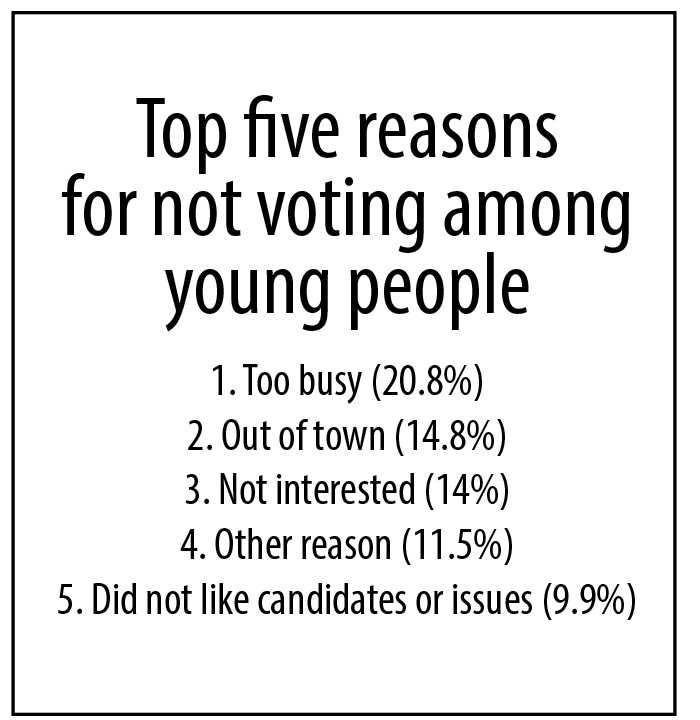
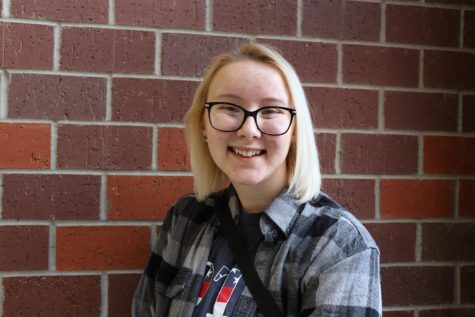
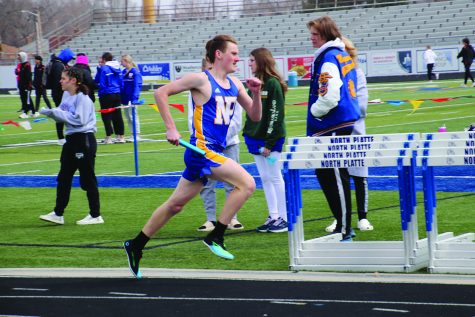

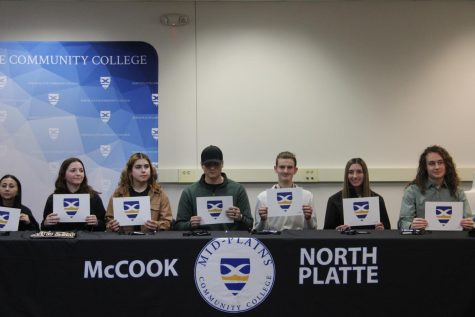
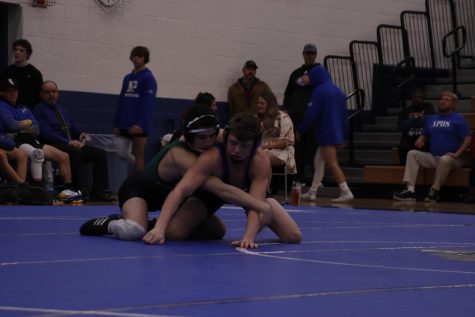
Jaylen Schledewitz • Nov 4, 2016 at 12:24 PM
I really love that Quincey wants to be the president and she is really set on following her dreams! I actually see her shirts all the time and I always wondered what they were for because a ton of people at NPHS have them. I really liked that she wants to follow her plans of being a president to ” break down the barrier of girls thinking that they are less.” It was a really powerful piece overall and I can’t wait for the election 2036!